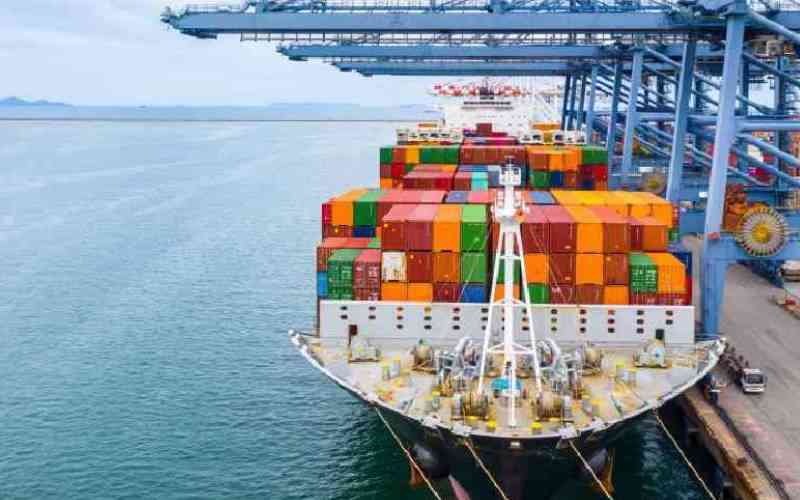×
The Standard e-Paper
Join Thousands Daily
The Government has shown it is committed to protecting Kenyans and the business environment by regulating cargo importation.
To assure Kenyans of the quality of imported goods and to protect local manufacturers from unfair competition, regulator Kenya Bureau of Standards (Kebs) has put in place a conformity assessment programme for all imports into the country.







